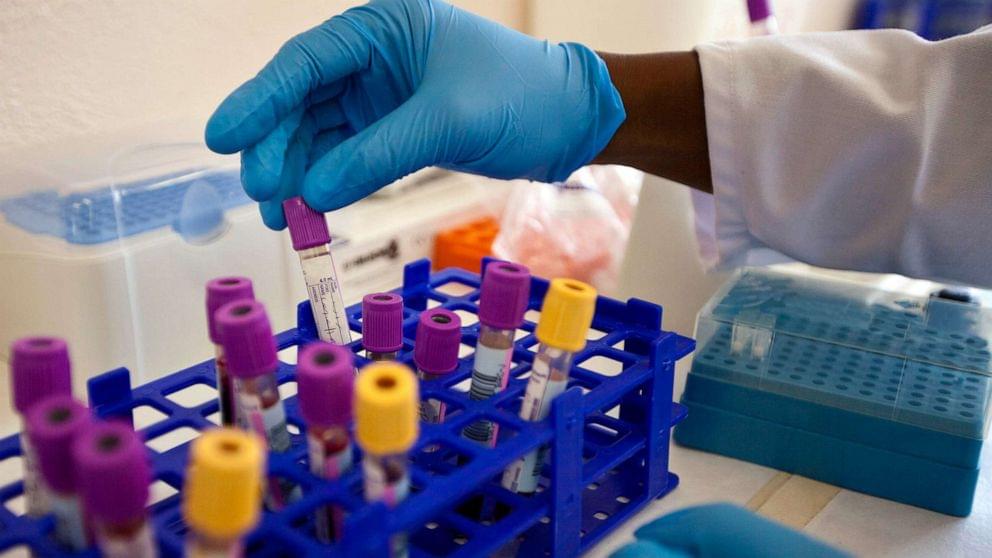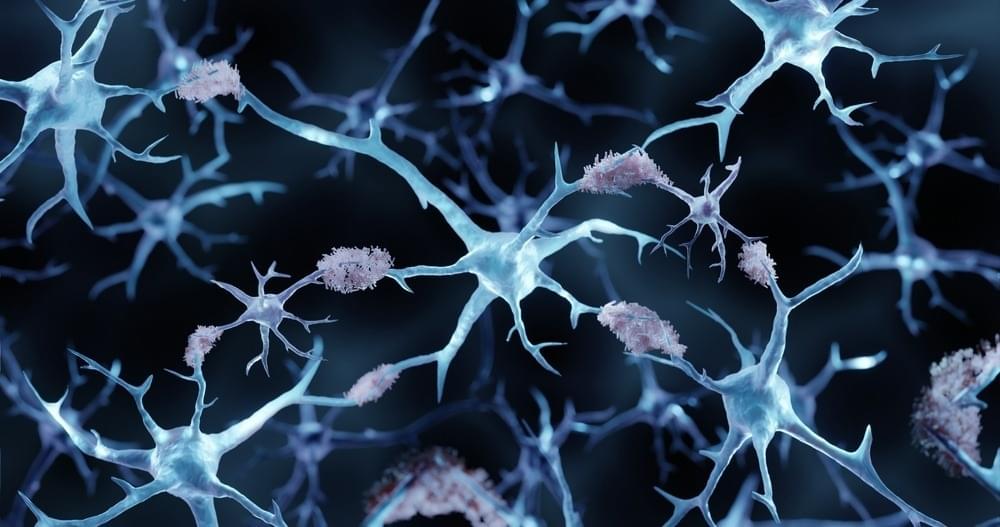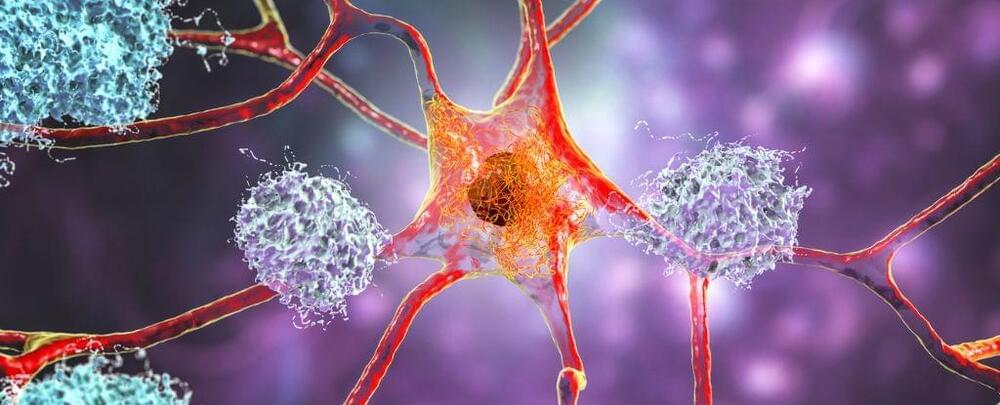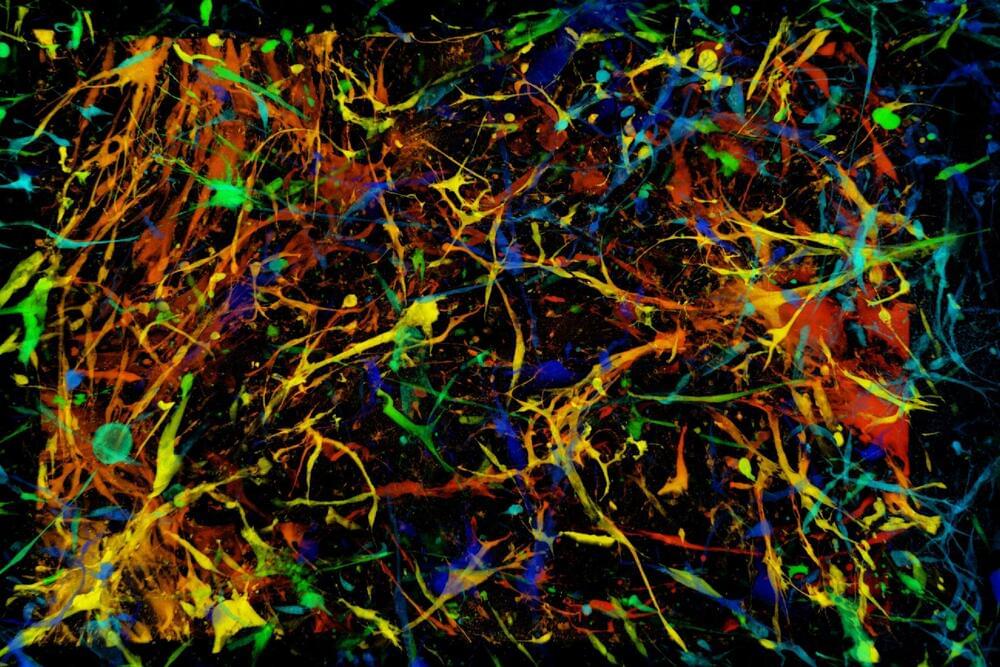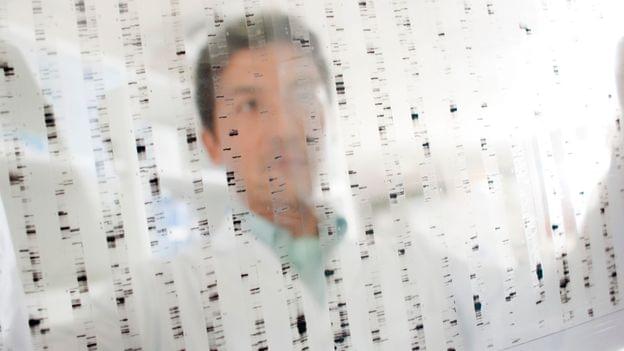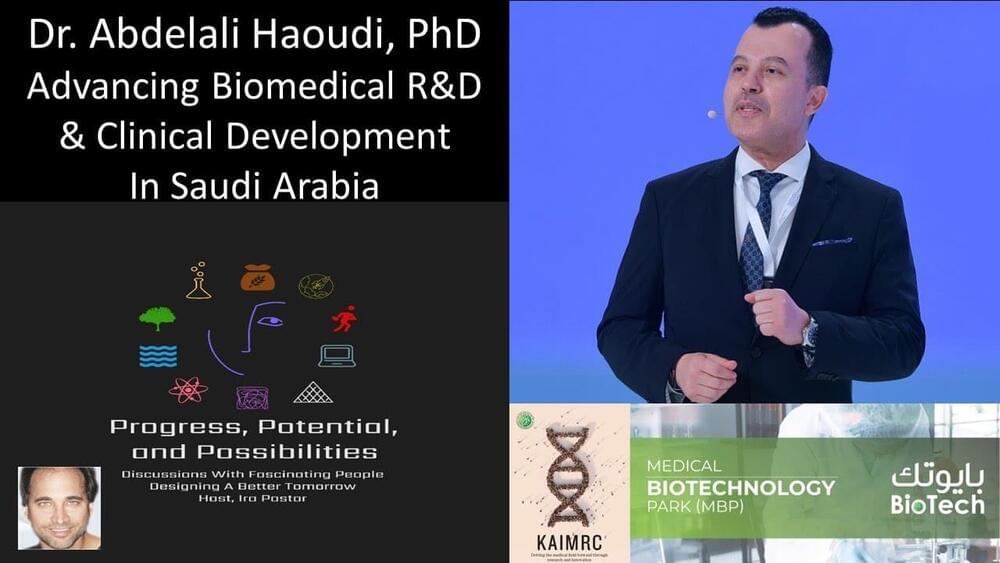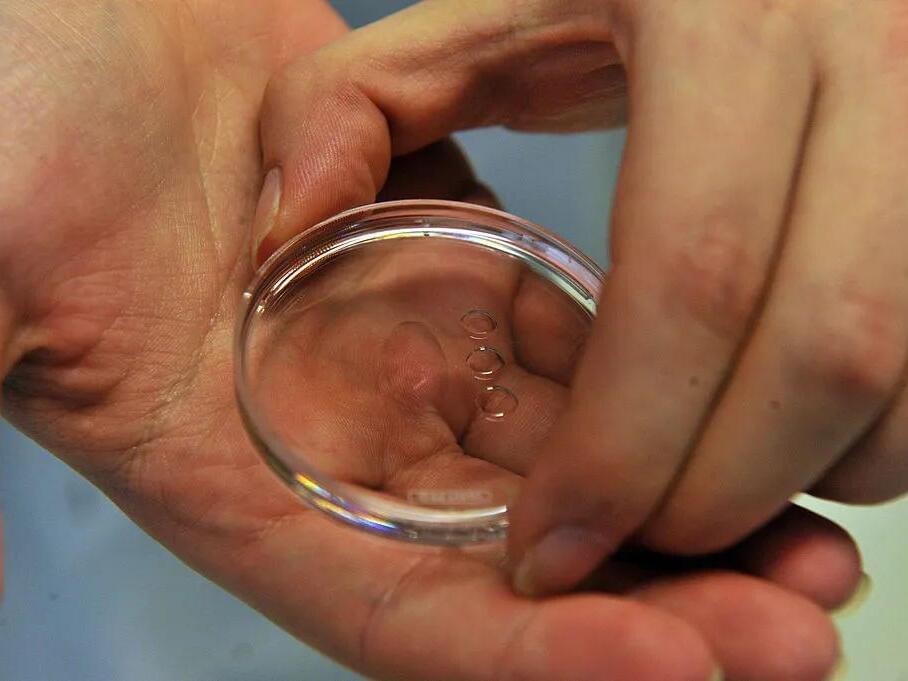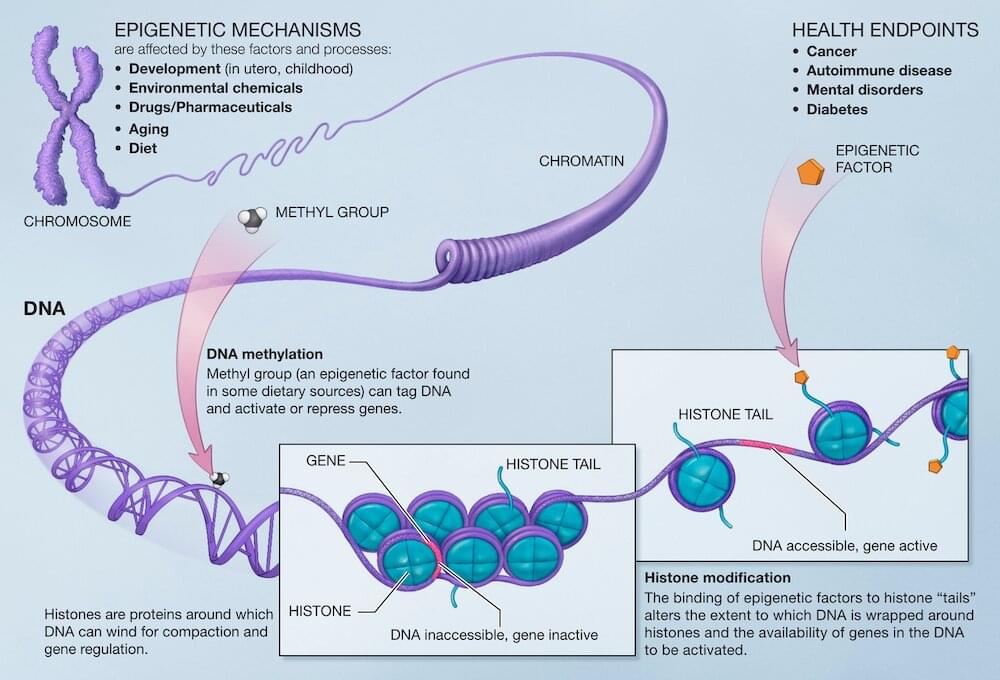Feb 22, 2023
5th person confirmed to be cured of HIV
Posted by Genevieve Klien in category: biotech/medical
Researchers are announcing that a 53-year-old man in Germany has been cured of HIV.
Referred to as “the Dusseldorf patient” to protect his privacy, researchers said he is the fifth confirmed case of an HIV cure. Although the details of his successful treatment were first announced at a conference in 2019, researchers could not confirm he had been officially cured at that time.
Today, researchers announced the Dusseldorf patient still has no detectable virus in his body, even after stopping his HIV medication four years ago.
